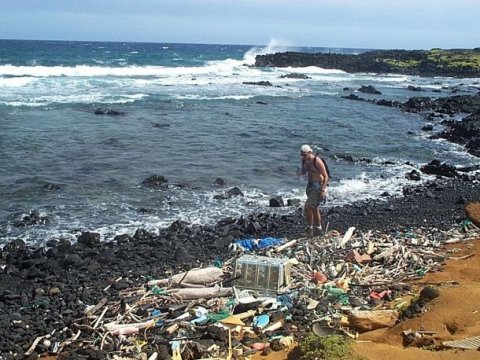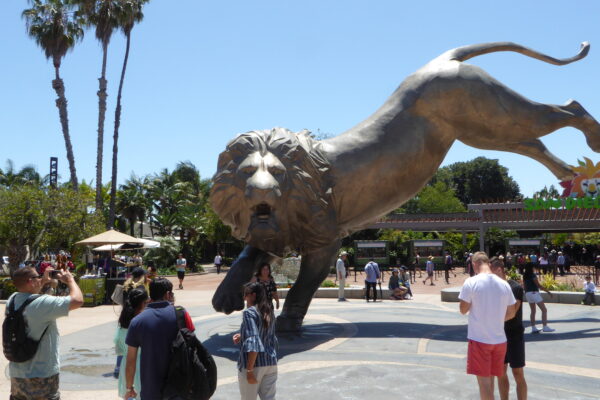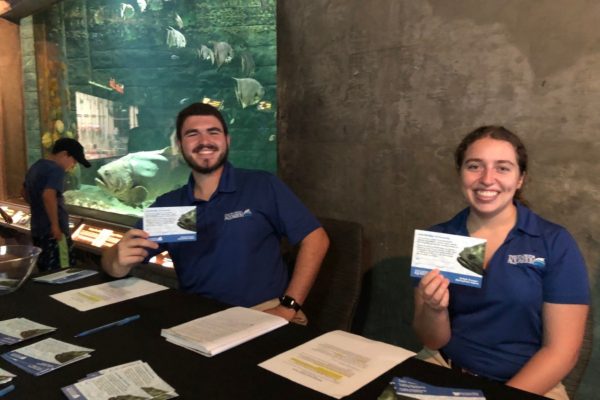Seas the Day in November – The Three Rs of Being an Eco-Star
Only when the last tree is cut,
and the last river has been poisoned,
when the last fish has been caught,
will we realize we can’t eat money.
-Cree Proverb
By rethinking our habits of consumption, we can rejuvenate our lives! A great way each of us can lighten our impact on our blue planet’s limited space and finite resources is by consciously reducing what we “need.” It is important to remember that even when things get thrown “away”, often times they end up polluting the land, waterways, bays, and oceanic ecosystems. Everyone needs a healthy home, including those animals that live in the ocean. However, our patterns of over-consumption often indirectly harm the planet’s health, impairing the ability of the land and the sea to sustain its rich diversity of life. By reducing our consumption, and reusing, and recycling, we can simplify life, save money, and help protect our living ocean for future generations!
REDUCE : Try not to over-consume.
This month is the beginning of the holiday season advertising blitz. How often do we buy things that we don’t really need? By consciously ignoring the advertisers and consuming less, we help conserve natural resources and help keep our planet’s life-support systems more intact. Buying less, buying in bulk, and choose products with little packaging are all ways to “precycle”, and make a big difference over time.
REUSE: Think twice before you decide to toss it.
That vintage bicycle was never fated for the rubbish pile! We turn down many opportunities to refurbish products headed for a landfill. Many household items can be reused—from old T-shirts and shoe boxes to glass jars and single-sided paper. If you don’t need it in your home, maybe someone else does. Donate lightly used clothes and furniture to a thrift store. Or, to find people in your area interested in reducing waste by exchanging used goods visit www.freecycle.org.
RECYCLE: Keep as much out of landfills as possible.
You can spare your old car from a junk yard by sending it to a recycling center instead! Find out if your city or town offers recycling services. Start small with paper and glass recyclables and then challenge yourself and your family to fill up the trash bin more slowly each week. Think about how much you can recycle that currently goes to waste. Batteries, cell phones, computers, and every type of plastic—to name a few—can all be brought back into the market, instead of ending up in the landfills…and the ocean!
Image from: http://www.businessinsider.com/the-dirty-dozen-12-most-polluted-beaches-in-the-us-2009-7




